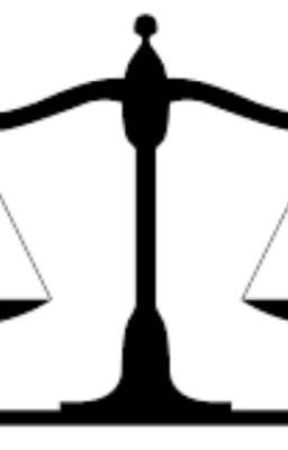It seems unreasonable to expect equality in a fundamentally unequal society.
Wealth and power create and maintain inequality. Yet we blame social media. This is because it simplifies our problems and gives us easy answers; shut it down, ignore it. The answer does not lie in shutting it down or ignoring it. Social media might highlight the inequalities in our society but it does not create them. We need to appreciate the complex and challenging nature of inequality itself. Blaming social media for inequality is exactly what those who support it want because it's simple and keeps it going. Social media allows the voice of the ordinary man to be heard. As Martin Luther King once said,
"A riot is the language of the unheard."
Inequality means keeping a certain distance between those who have and those who have not. This is not only about money, it means keeping respect and dignity at a distance also. This only thrives when we use simple excuses to explain these complex, diverse problems.
Unlike social media, inequality is not new and has been with us for quite some time. Society is littered with examples of inequality; as a young woman I am aware of the struggle that took place for women just to get the vote. Health and educational inequalities still too exist, despite there being a comprehensive education and we need not look far too see the shameful existence of food banks in one of the richest countries in the world. A recent report by NHS Scotland have said that the average life expectancy of a man living in Lenzie is 84 while in the east end of Glasgow a man is only expected to live until he is 54. These places are only 6 miles apart!
Facebook, Twitter and Instagram offer insight into this but they cannot and should not be held responsible for it.
Although social media records these inequalities we should remain ever vigilant that our attention is not diverted from the things that create inequality in the first place.
Let us consider how we can have an impact on this problem.
First of all we must never accept inequality as though it can't be changed. Secondly, to tackle this issue we need to make people aware of what is going on. Thirdly we need to educate people. Not only educate people but we need to make people understand it. People need to know what is going on and why. We also need to realise that with this being such a complex problem an equally complex solution is required.
We can't just shut social media down, shutting it down would be a backward step. Social media is a part of our culture and a way of life.
The existence of social media is being used to conceal the truth. If we pretend social media is not here does that mean inequality is not here? Is everyone happy? No. No matter what we do or what we take away these issues will always be here, unless we adopt a new and more sophisticated way of thinking.
To conclude, I have argued that social media is not the enemy of equality. Rather I am suggesting that there is not one enemy of equality. I am saying that inequality is a complex problem and if we want to deal with it we need to recognise that the things that keep the engine running are money and power. Challenging an issue as big as inequality requires careful and difficult thought. Social media is just a small pry player in this.
Let's ensure that the drama of inequality is given centre stage, rather than playing out in the wings.
Thank you
Any questions please leave a comment.

YOU ARE READING
Is Social Media The Enemy Of Equality?
ActionThis short speech will explore the role social media plays in enforcing equality
